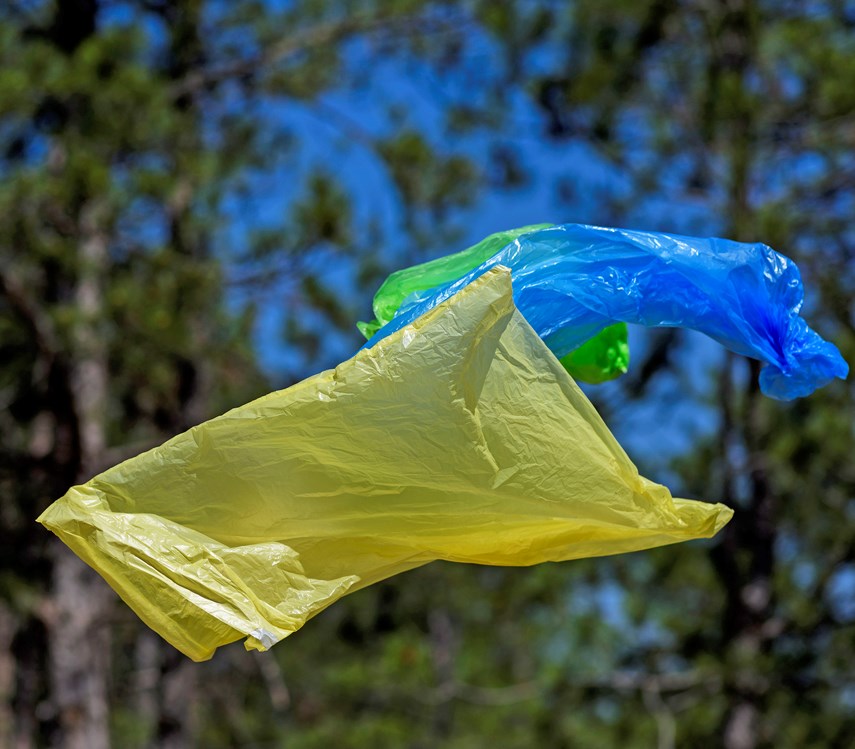Just one word: plastics. There’s a great future in plastics. We may have laughed knowingly at this advice when it was handed out to Dustin Hoffman’s character in The Graduate. But in the decades since then, we also readily bought into the mindset.
Plastics are light, convenient and cheap. They’ve been key to packaging and the smooth humming of our throwaway consumer society. Before we realized plastics were a serious problem, we were already drowning in them.
From plastic wrap to Ziploc freezer bags to takeout Styrofoam containers, plastic is ubiquitous in our lives. Monday’s announcement about the plan to ban single-use plastics – while scant on detail – is Ottawa’s acknowledgement of the problem. So far our record isn’t great. Canada tosses about 12 times more plastic than it recycles. Without much of a market for recycled plastics, we end up outsourcing our problem to other countries. Embarrassingly, one of them recently insisted on returning our plastic garbage.
Requiring more recycled content in the plastic we do use is an important step. Also welcome will be the introduction of a producer pay system – forcing those who cause the problem to pay for fixing it.
We’ve seen businesses sign on to avoid plastics recently in both Horseshoe Bay and Deep Cove, and the District of North Vancouver voiced interest in a ban. Other communities have already put bans in place. But Ottawa is in a far better position to address the root of the problem.
Some plastics will always be needed. But so many others aren’t. Their accumulation has done the planet harm.
That future in plastics now lies in reducing them.
What are your thoughts? Send us a letter via email by clicking here or post a comment below.



